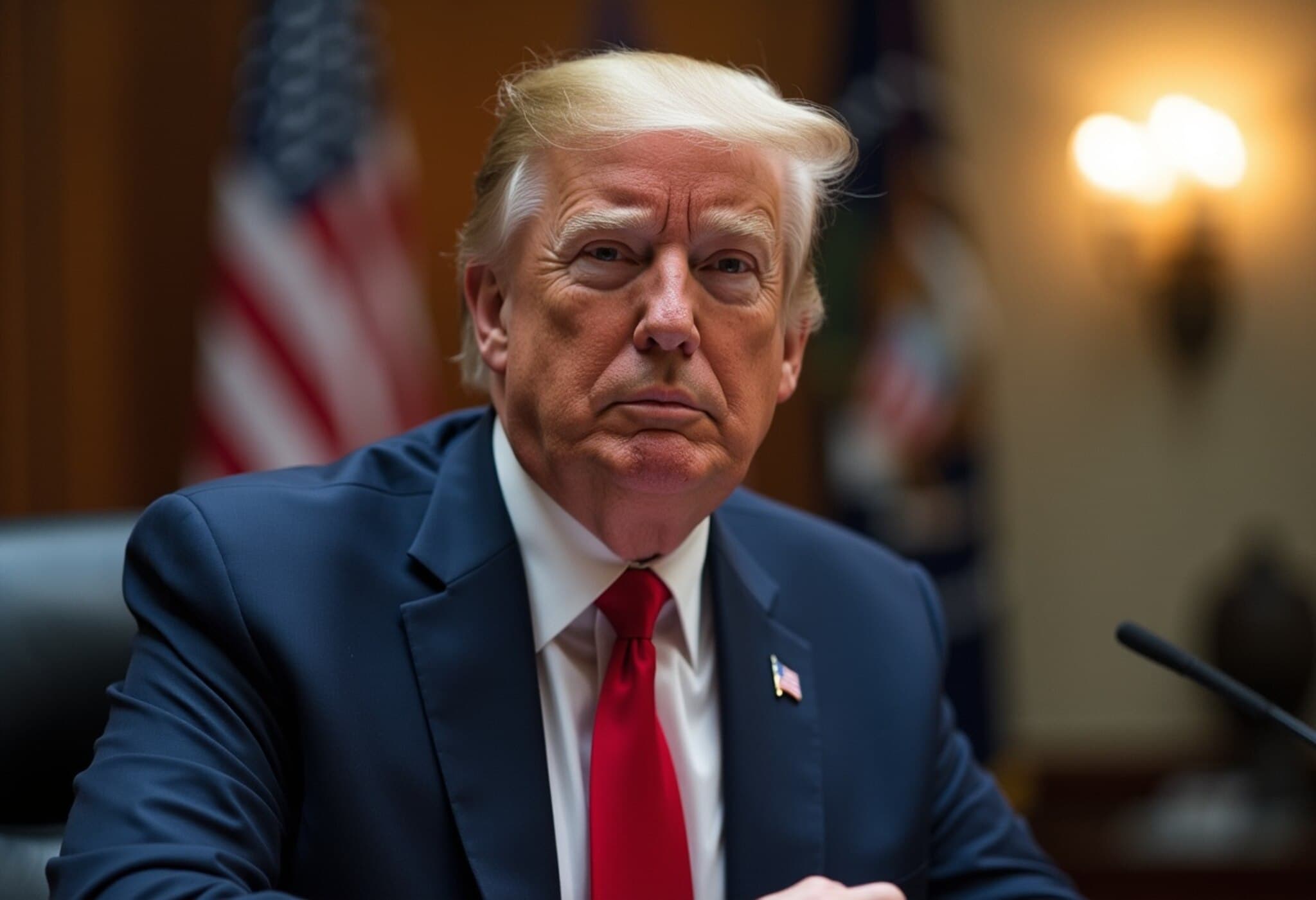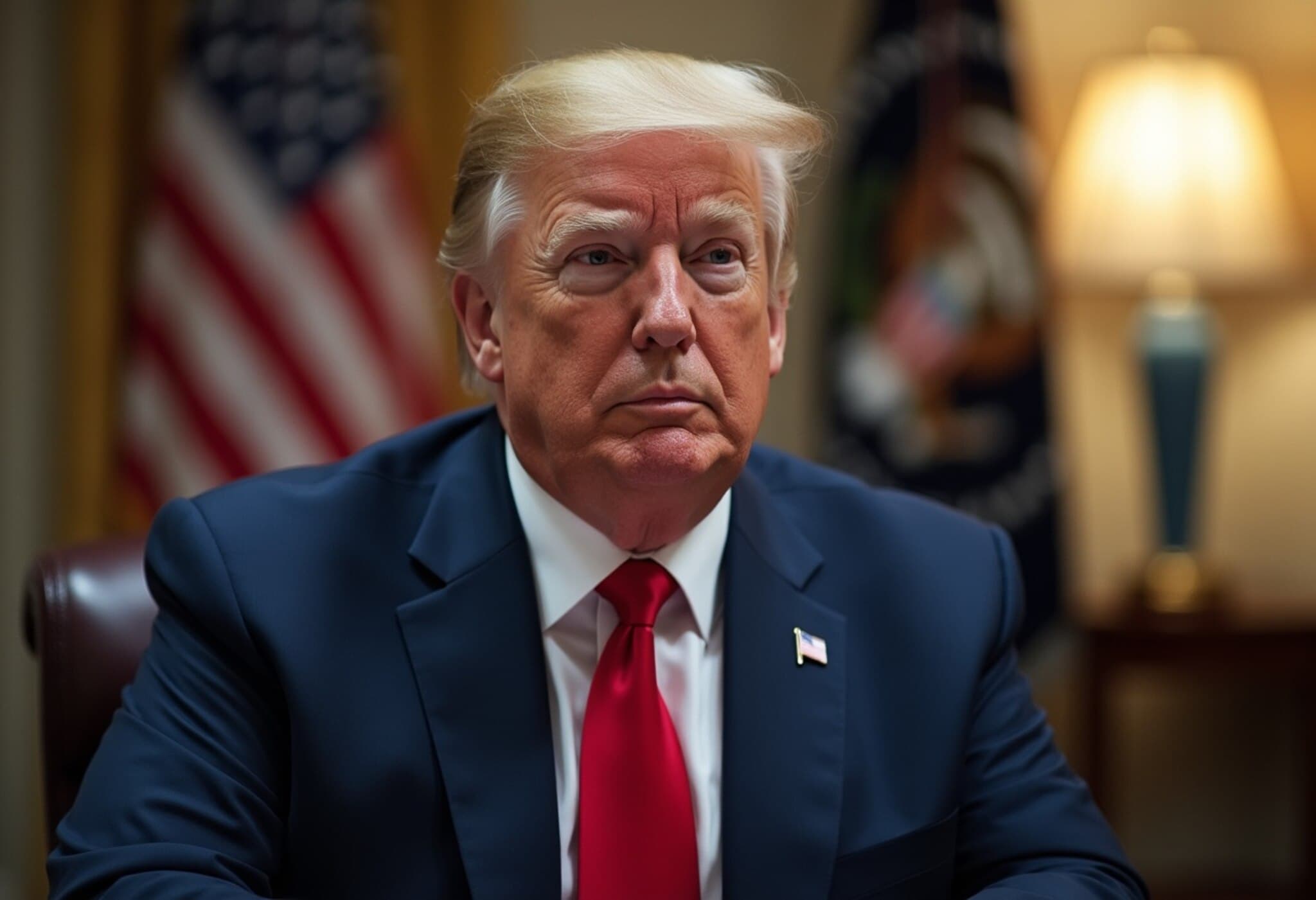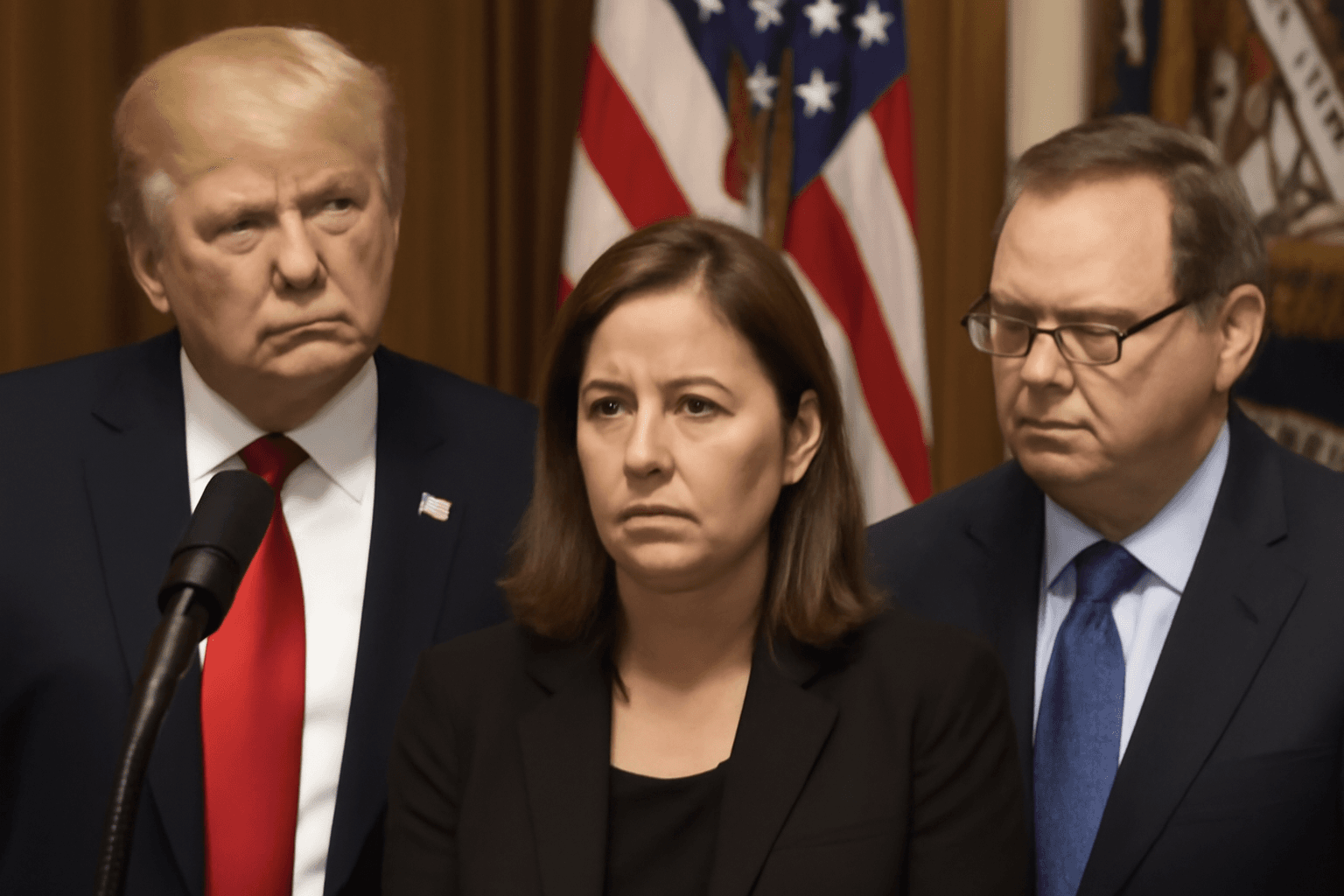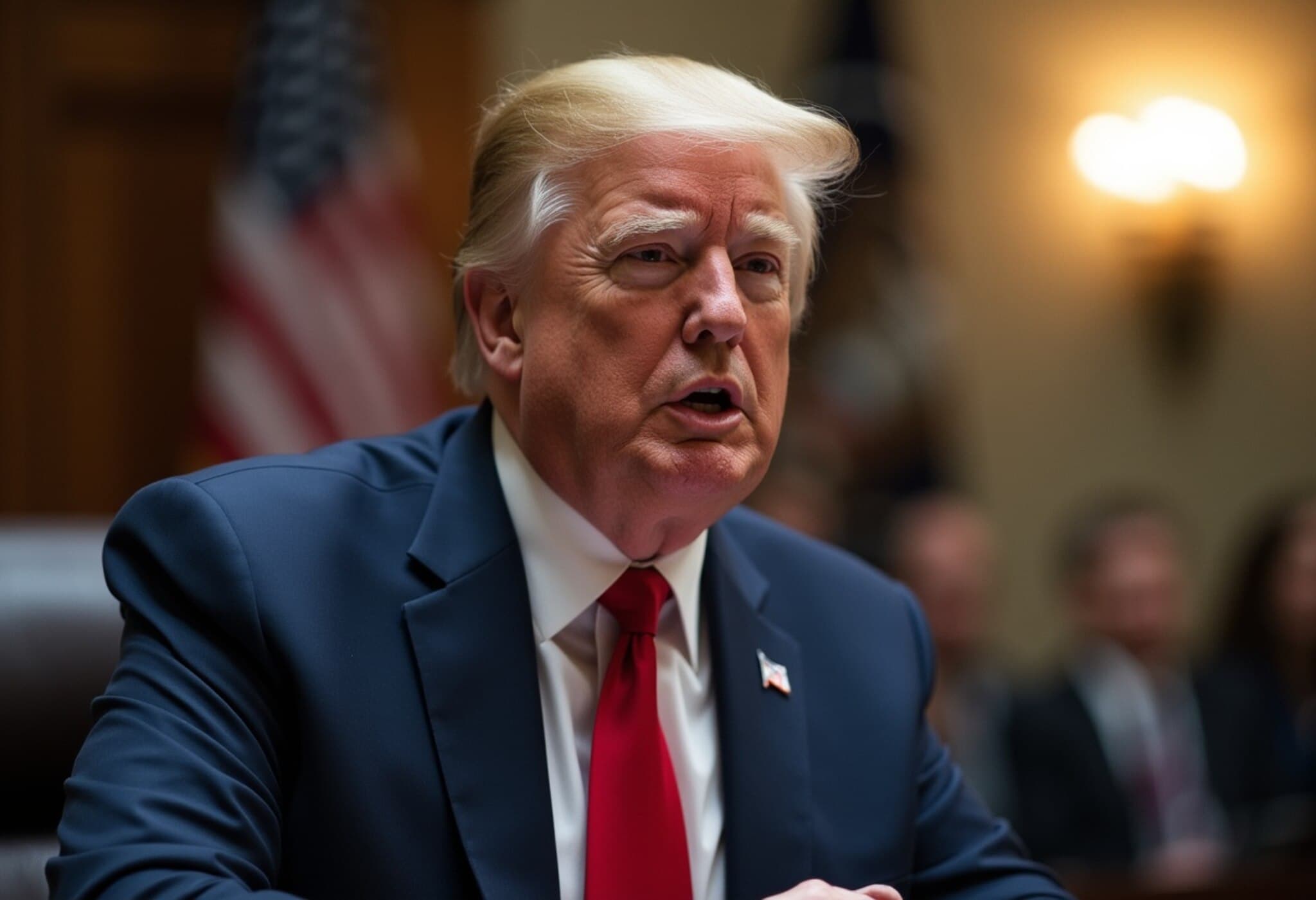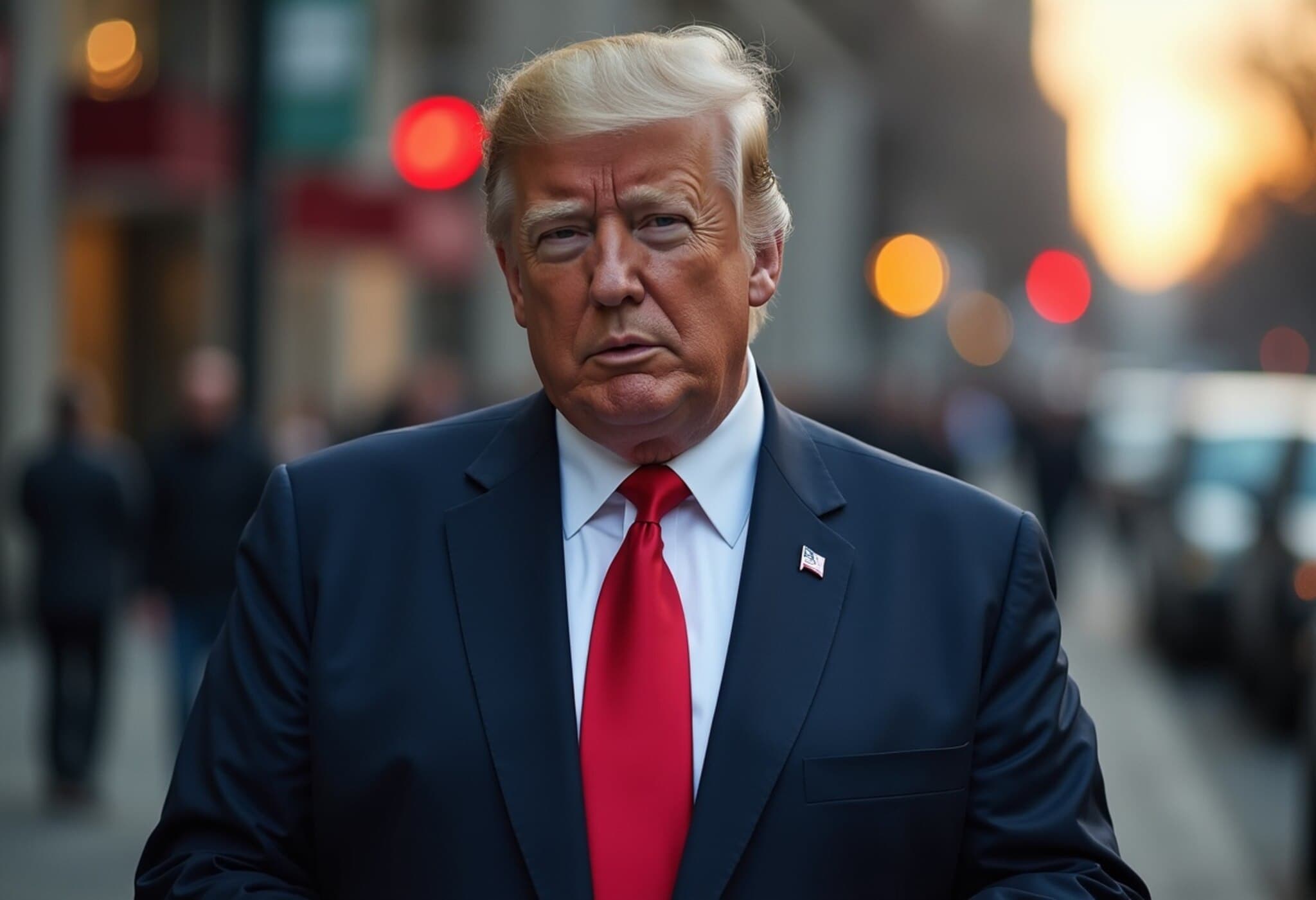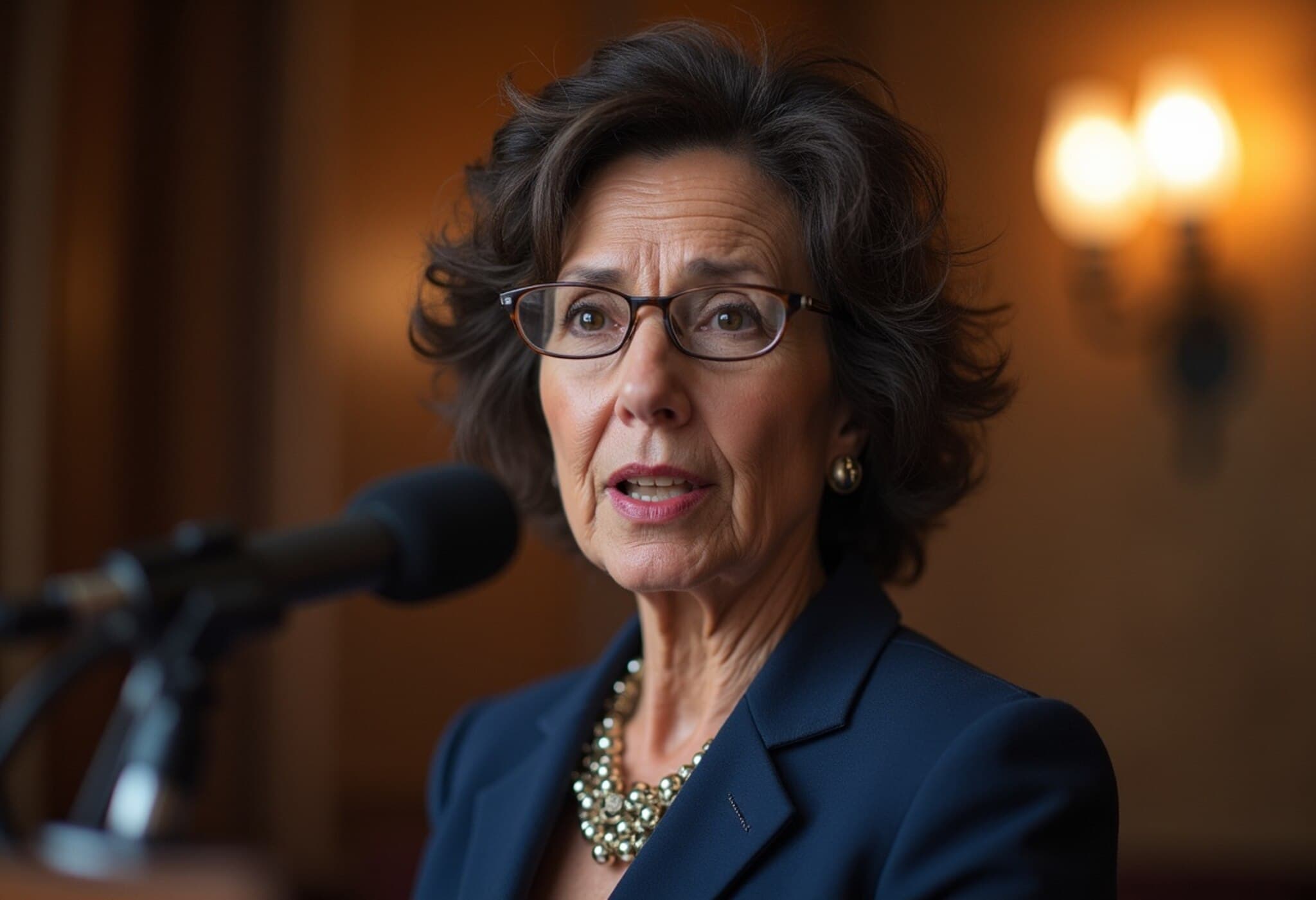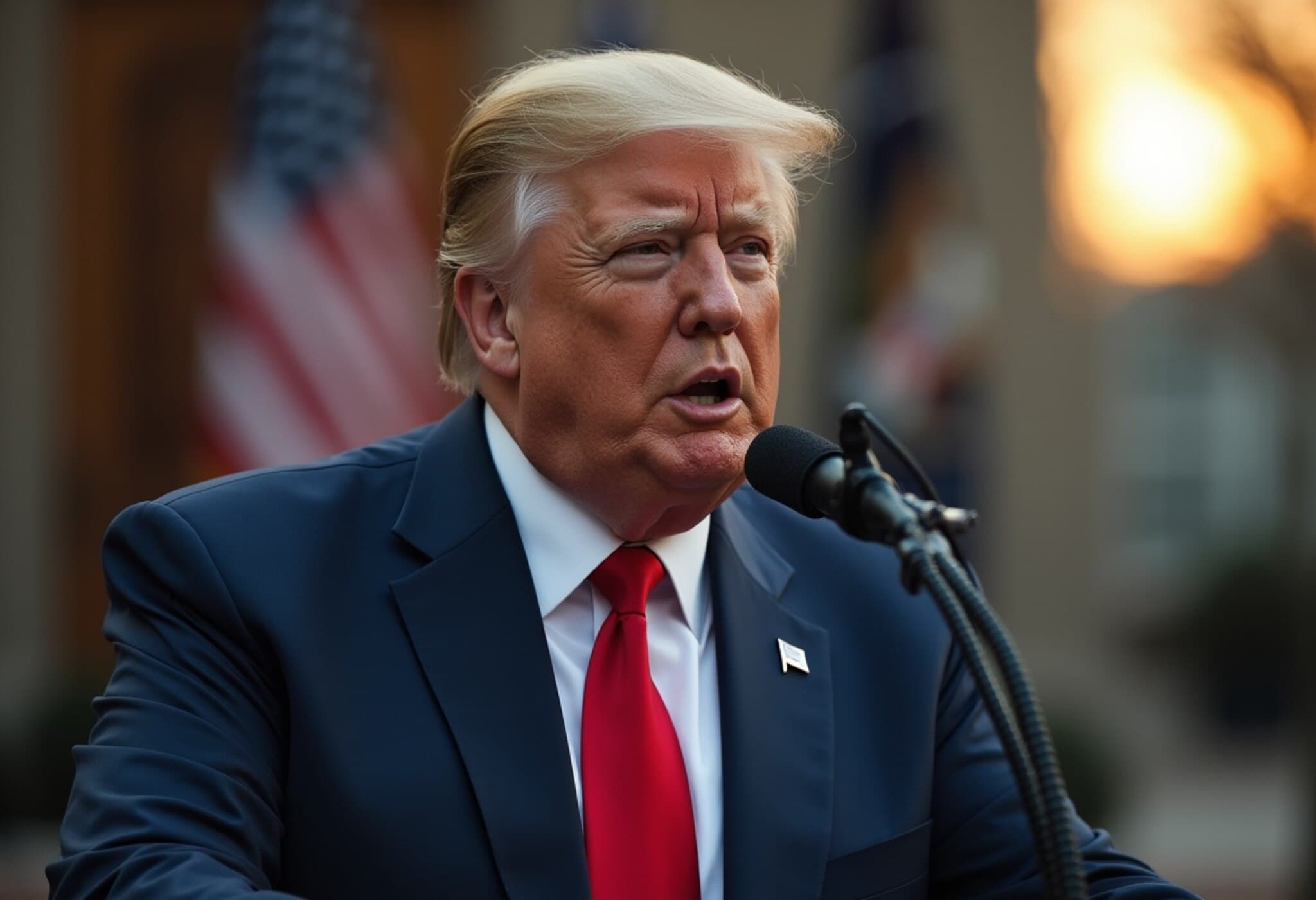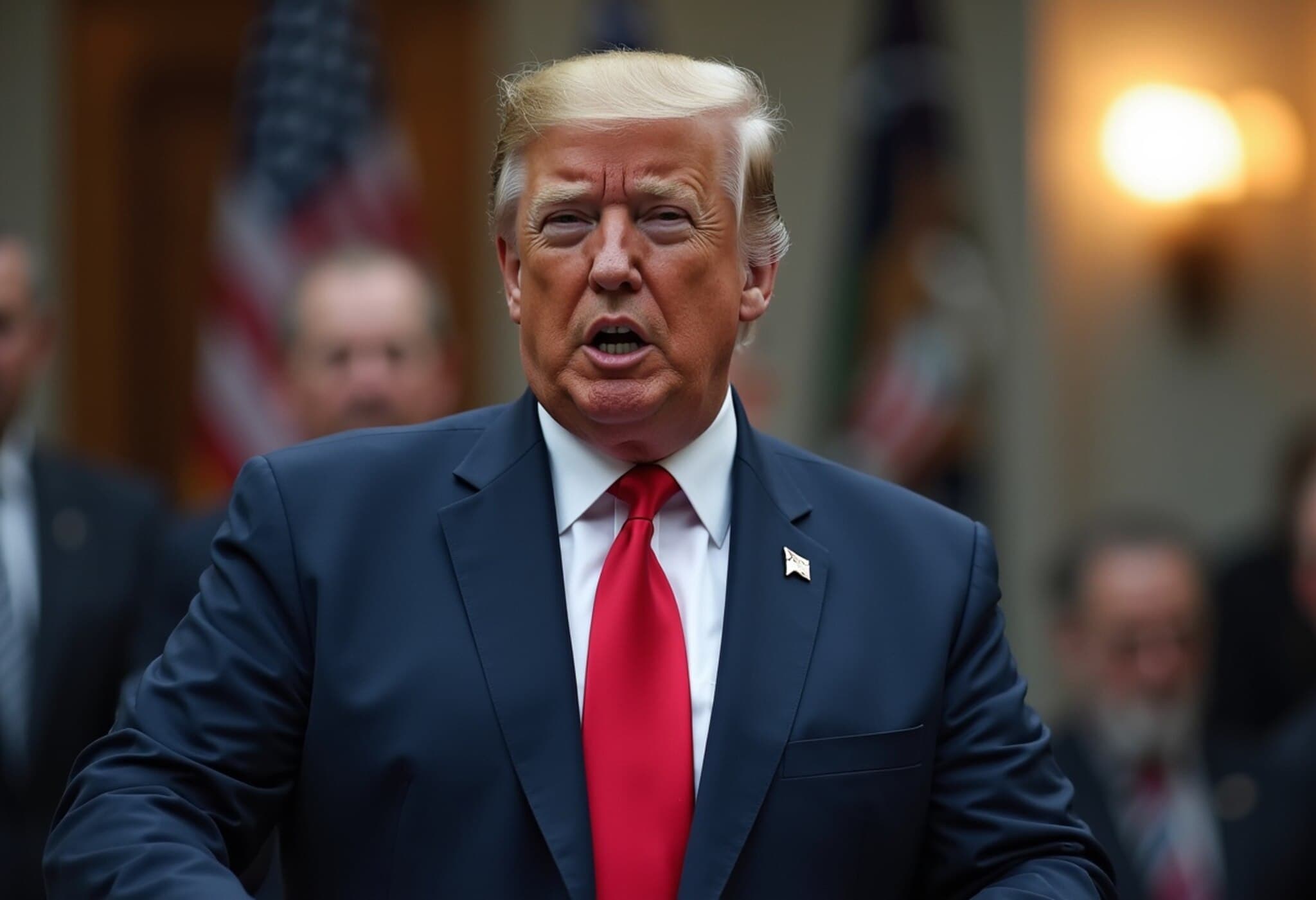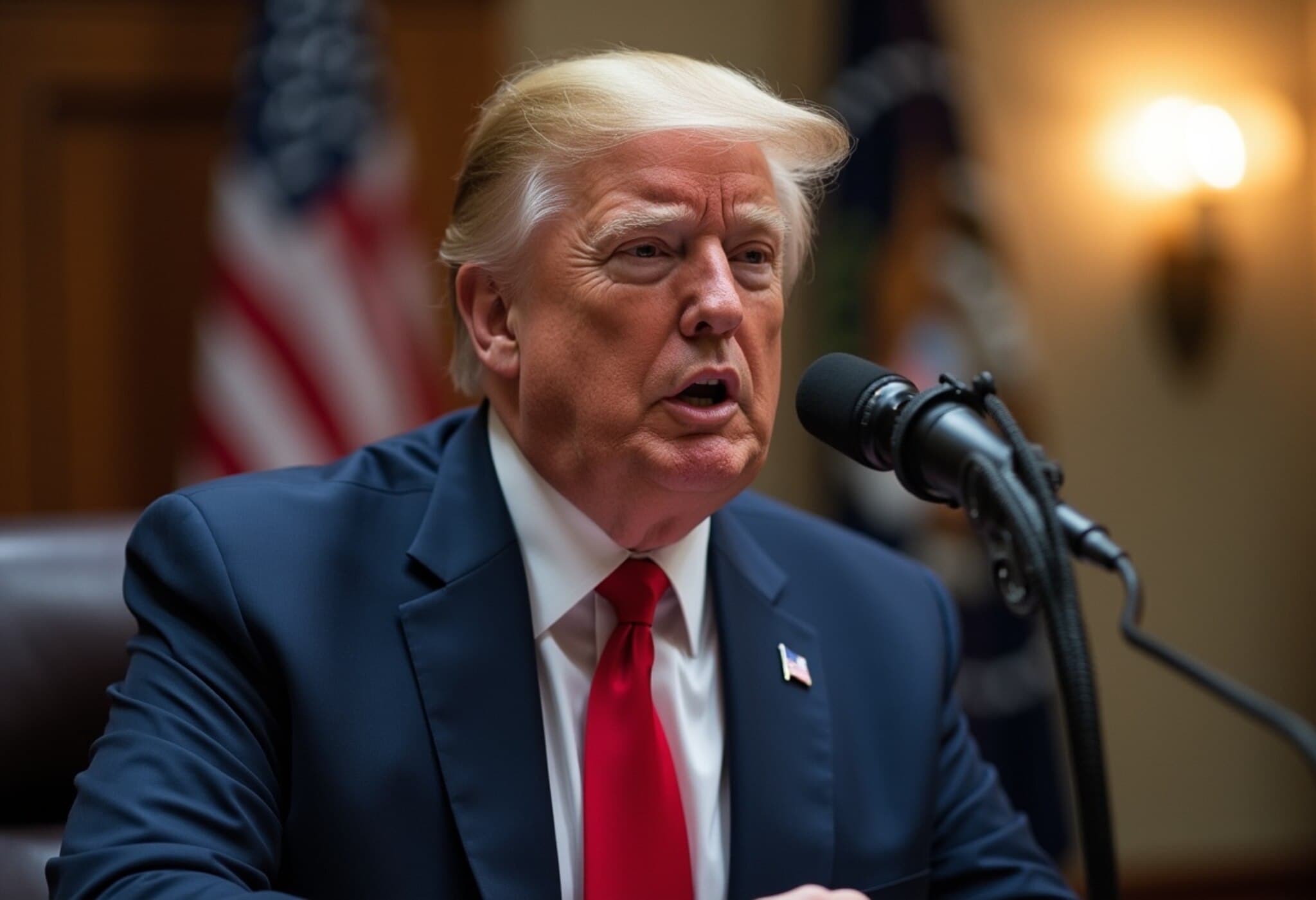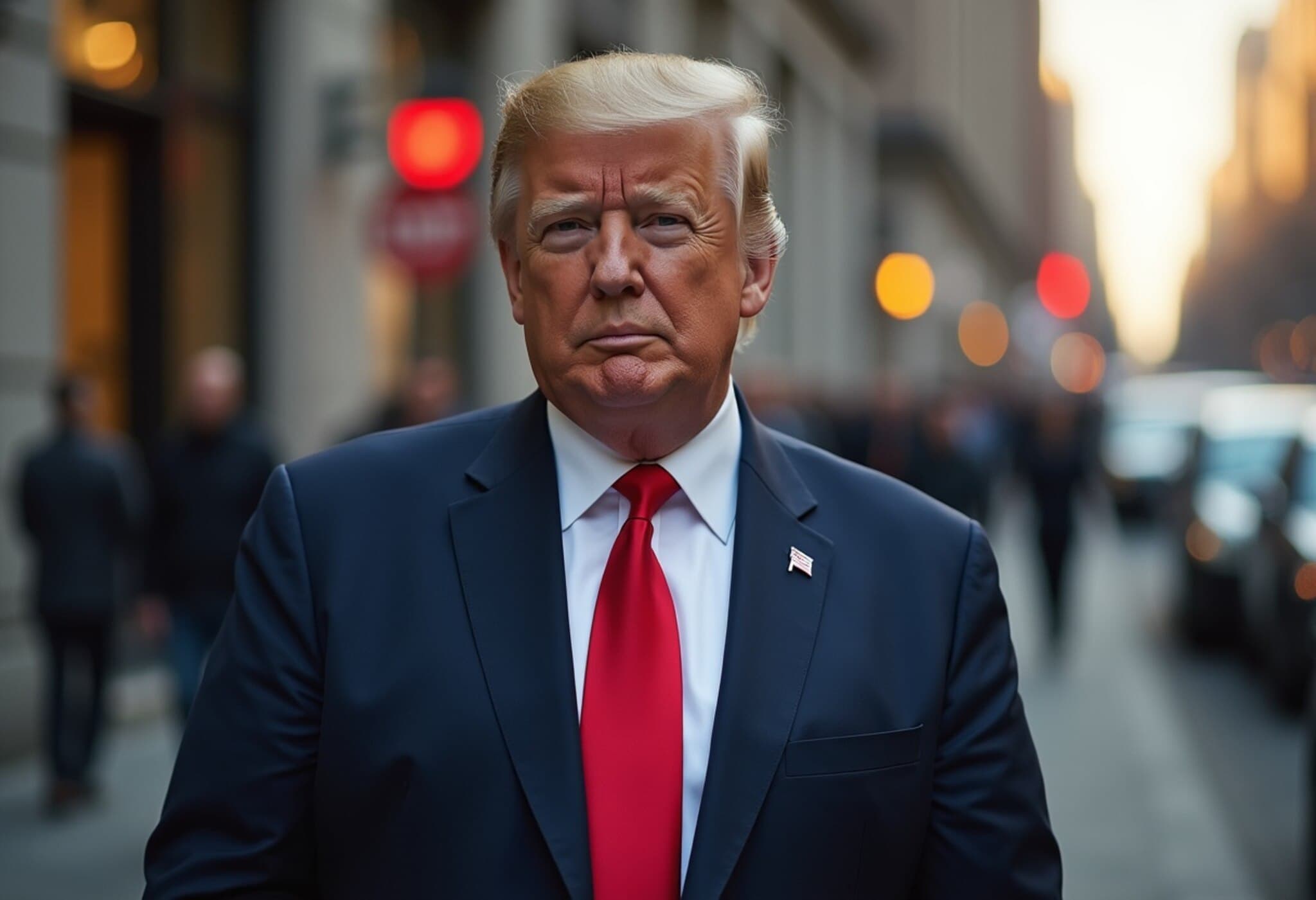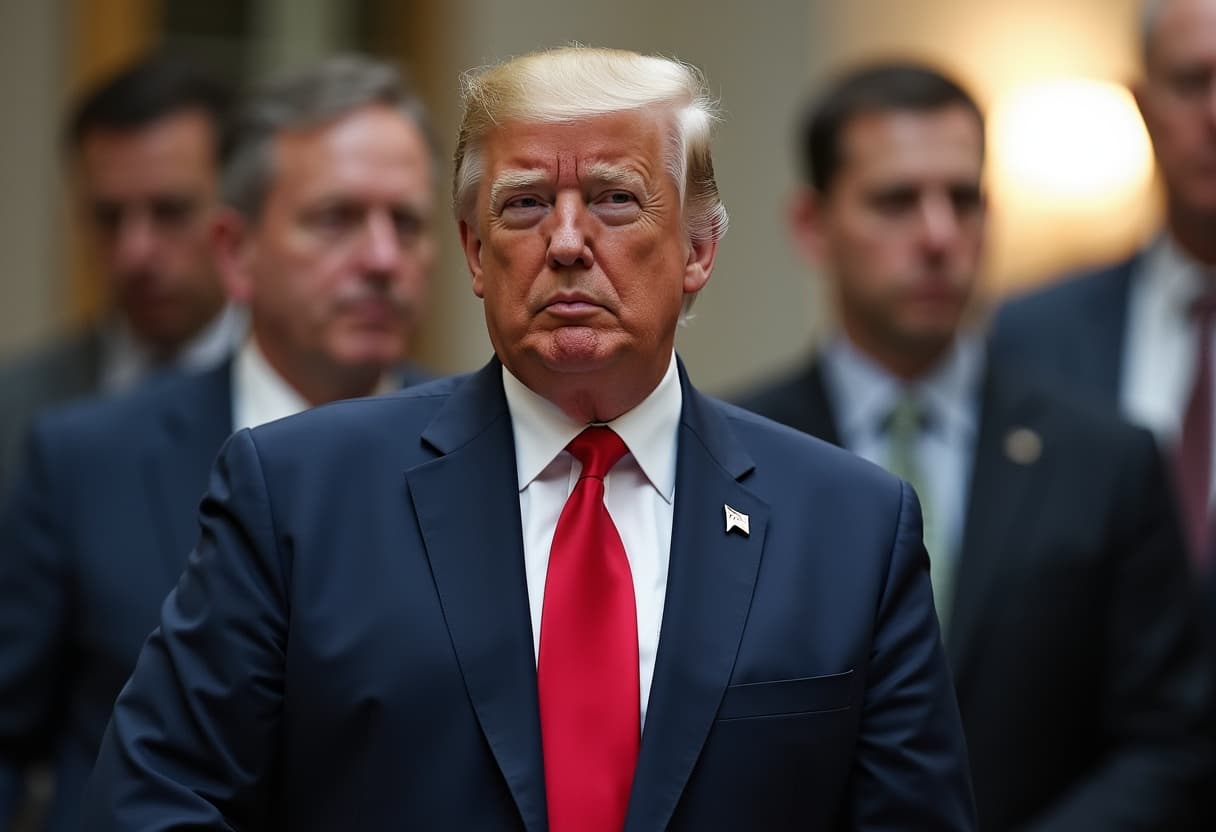Trump Taps Conservative Economist to Head Bureau of Labor Statistics
In a move stirring debate across economic and political circles, President Donald Trump announced on Monday his nomination of E.J. Antoni, chief economist at the conservative Heritage Foundation, to lead the Bureau of Labor Statistics (BLS)—the federal agency responsible for producing vital data on employment, wages, and inflation.
Background: Leadership Shake-Up Amid Data Disputes
Antoni’s nomination comes on the heels of Trump’s decision to fire Erika McEntarfer, the current BLS commissioner, on August 1. The dismissal followed the July jobs report, which revealed a sharp slowdown in hiring during the spring and notable downward revisions of job gains for May and June. Trump publicly accused McEntarfer of politically motivated data manipulation, assertions that experts note lack supporting evidence.
The timing is particularly consequential—the BLS is set to release its latest inflation data imminently, with forecasts pointing to rising consumer prices driven largely by tariffs impacting imported goods. Antoni's confirmation could therefore influence public trust in these crucial economic indicators.
Controversy Over Data Revisions and Political Implications
Antoni has been an outspoken critic of BLS methodology since the pandemic began, focusing especially on the agency's frequent downward revisions to initial job estimates. Conservative commentators contend these revisions artificially inflated early job growth figures during President Biden's term, fueling partisan distrust.
- However, economists emphasize that such data revisions are routine and occurred under previous administrations, including Trump’s.
- The broader hiring trends and sustained low unemployment rates validate the overall labor market recovery narrative despite these adjustments.
In fact, Antoni publicly called for McEntarfer’s removal shortly after the July report, stating on social media: “There are better ways to collect, process, and disseminate data—that is the task for the next BLS commissioner. Only consistent delivery of accurate data in a timely manner will rebuild the trust that has been lost over the last several years.”
Expert Perspectives Highlight Partisan Concerns
The BLS commissioner role is traditionally a politically appointed but technically focused position, held by nonpartisan, career-focused economists. Antoni’s history as a partisan economist with the Heritage Foundation has raised red flags among experts and across the political spectrum.
Jason Furman, former economic advisor in the Obama administration, voiced strong opposition on social media, saying, “E.J. Antoni is completely unqualified to be BLS Commissioner. He is an extreme partisan and lacks relevant expertise.”
Similarly, Kyle Pomerleau, a tax analyst aligned with conservative institutions, remarked, “There are many competent conservative economists fit for this role; E.J. is not one of them.”
Antoni’s recent statements underscore his strong ideological position. In one Heritage Foundation analysis, he claimed that economic weaknesses “started long before the Trump administration,” portraying current trends as evidence of successful economic reprivatization efforts.
What’s at Stake?
The Bureau of Labor Statistics underpins public and market confidence by providing transparent, reliable data impacting everything from Federal Reserve policy to business planning and social programs. Installing a commissioner perceived as politically motivated risks eroding the agency’s credibility.
Critically, this nomination highlights tensions over how economic data is collected, presented, and politicized in today’s polarized environment. It raises broader questions about safeguarding scientific rigor in government statistics amid growing mistrust.
Editor’s Note
As E.J. Antoni awaits Senate confirmation, the debate surrounding his nomination puts a spotlight on the fragile balance between politics and economics in federal agencies. How might his leadership influence the methodology and public perception of labor statistics? Will the Bureau maintain its long-standing reputation for impartiality, or could this mark a turning point toward politicized data interpretation? Americans—and markets—need transparency more than ever in a tumultuous economic era. Observers should watch this development closely, weighing expertise against ideology in one of the nation’s most consequential data institutions.

